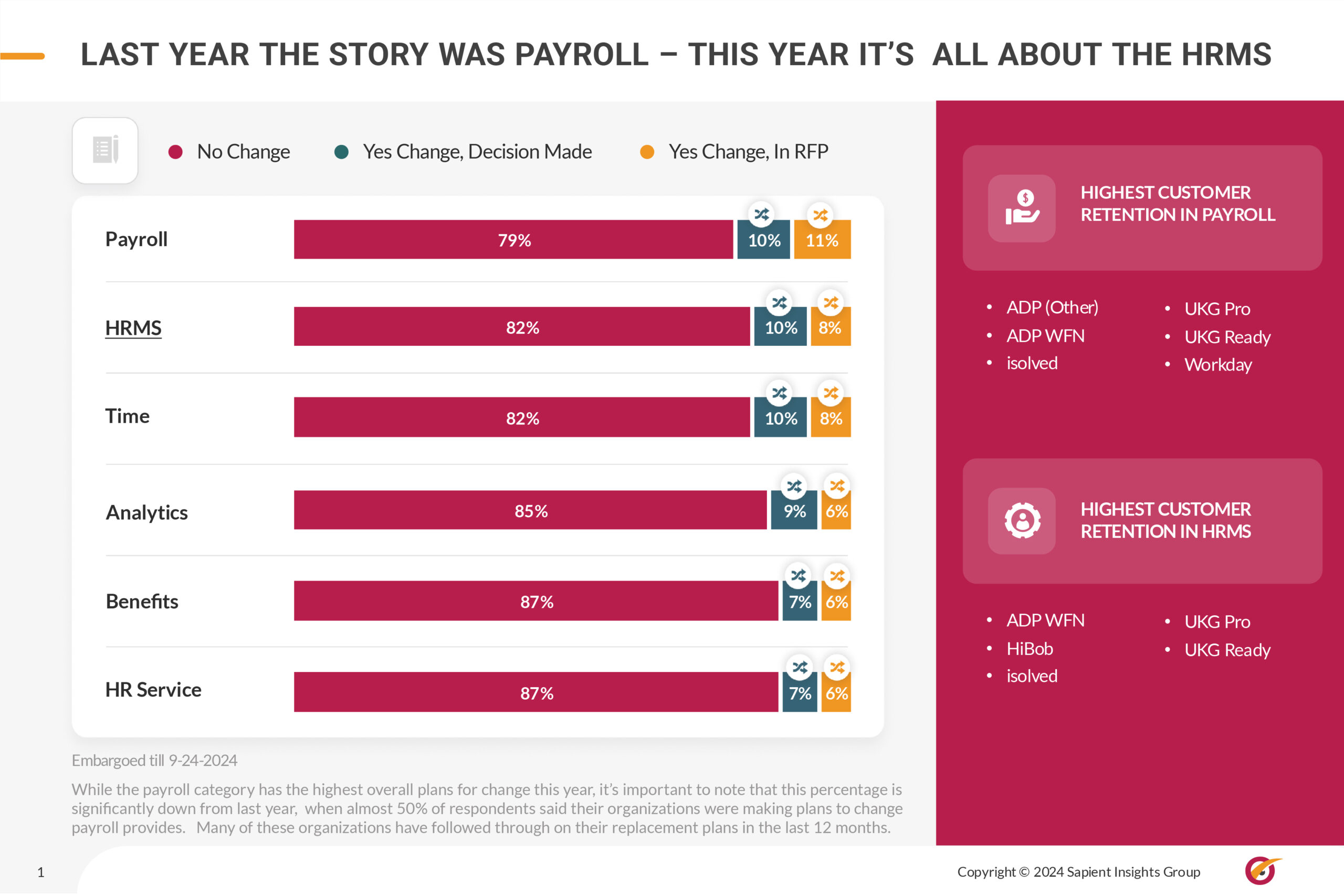Bridging the disconnect between HR leaders and employees in Singapore
- Josephine Tan

The effectiveness of employee feedback in enhancing experiences is a significant concern for HR leaders in Singapore.
While 73% of HR leaders claim their organisations use employee feedback to improve experiences, only 58% of employees have witnessed positive changes resulting from these surveys. This discrepancy, according to the 2023 State of HR Report by the Qualtrics XM Institute, underscores the need for HR and people leaders to evolve their listening programmes to enhance the employee experience.
Since the onset of the pandemic, HR leaders have stepped up by providing strategic counsel, and now 71% of them report that senior executives prioritise employee experiences. Additionally, two-thirds (68%) of HR leaders are more involved in strategic initiatives, and 80% agree that improving employee experiences directly correlates with improved business results.
However, despite the recognition of the importance of employee experience management, there are several challenges that hinder its effectiveness. HR leaders identify poor data quality (33%), misaligned incentives and rewards (30%), and poor integration across systems (30%) as the most common challenges to achieving optimal employee experiences.
READ: Redesigning work and the workplace to elevate the human experience
Currently, their priorities include training and development (38%), addressing burnout (35%), and making progress on diversity, equity, and inclusion (DE&I). Other high-priority areas include employee onboarding (34%), talent attraction and hiring (33%), linking HR operations to business outcomes (33%), and environmental, social and governance standards (33%).
Based on these findings, Qualtrics suggested three priorities to demonstrate HR’s impact. Firstly, it is crucial to convert employee insights into action to bridge the experience gap. This involves making improvements based on the feedback received from employees. Secondly, HR leaders need to be prepared for change by implementing agile systems and processes that enable them to navigate future challenges efficiently. Lastly, providing managers with effective support to help them keep employees engaged and focused.






